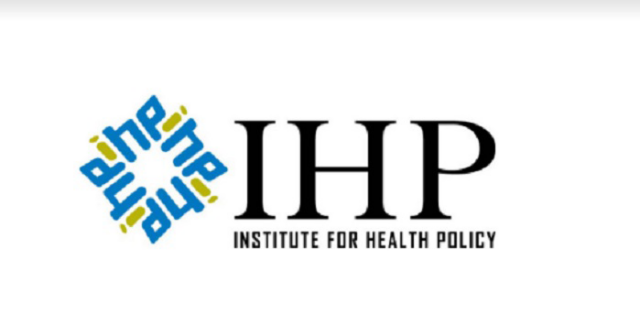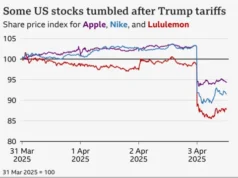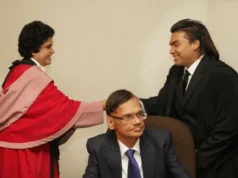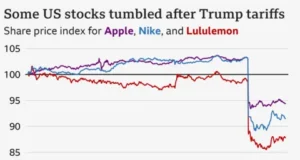ECONOMYNEXT —Sri Lanka’s Institute for Health Policy (IHP) has released new polling data showing that the ruling National People’s Power (NPP)’s Harini Amarasuriya is a popular choice for the post of prime minister and that former minister Ali Sabry’s exit may be premature.
In IHP Sri Lanka Opinion Tracker Survey (SLOTS) polling through 2024 prior to the presidential election, NPP leader Anura Kumara Dissanayake and MPs Amarasuriya, and Ali Sabry were consistently the most popular politicians tracked, IHP said in a statement on Friday October 11.
After Dissanayake, Amarasuriya was the next most popular, suggesting she will be a popular choice for the PM post, the institute said.
“Overall, Sri Lankans still held unfavourable views of all politicians tracked by SLOTS, with most having net favourability ratings below -30 pecent. Dissanayake and Amarasuriya had net ratings of -10 percent, and Sabry and then opposition leader Sajith Premadasa followed with net ratings of -29 percent and -31 percent each.
“Ali Sabry had the highest favourability rating of all SLPP politicians that SLOTS tracked, suggesting that his retirement from parliament may be a loss for his party,” IHP said.
The institute said most politicians tracked were deeply unpopular having net favourability ratings less than -50 percent, with members of the public having unfavourable views typically outnumbering those with favourable views five to one.
“In general, professionals such as Sabry, Harsha de Silva, Sudarshini Fernandopulle, and Channa Jayasumana tended to have higher favourability ratings than other politicians.”
The most unpopular politicians tracked during the year were Basil Rajapaksa (-74 percent), Kanchana Wijesekera (-65 percent), Namal Rajapaksa (-63 percent), and Prasanna Ranatunga (-63 percent).
“IHP tracked the favourability of 20 active politicians during the year, consisting of recent presidents and prime ministers, major party leaders, current and recent health ministers and selected other MPs. The list is not intended to be exhaustive, and it’s
possible that more popular politicians were not tracked. All favourability estimates are weighted for age, gender, ethnicity, province, income ranking, education and sector to match the national population.”








